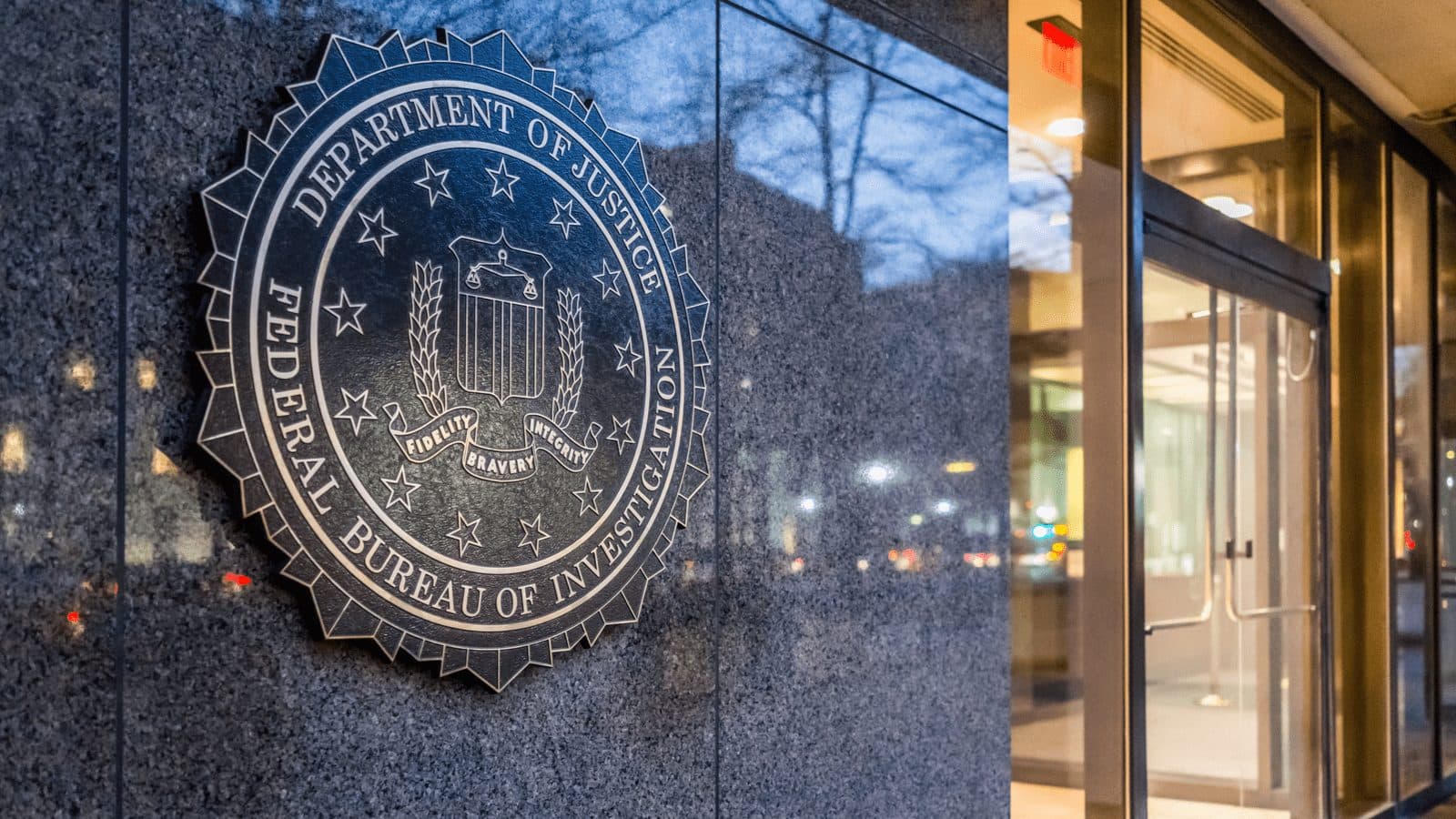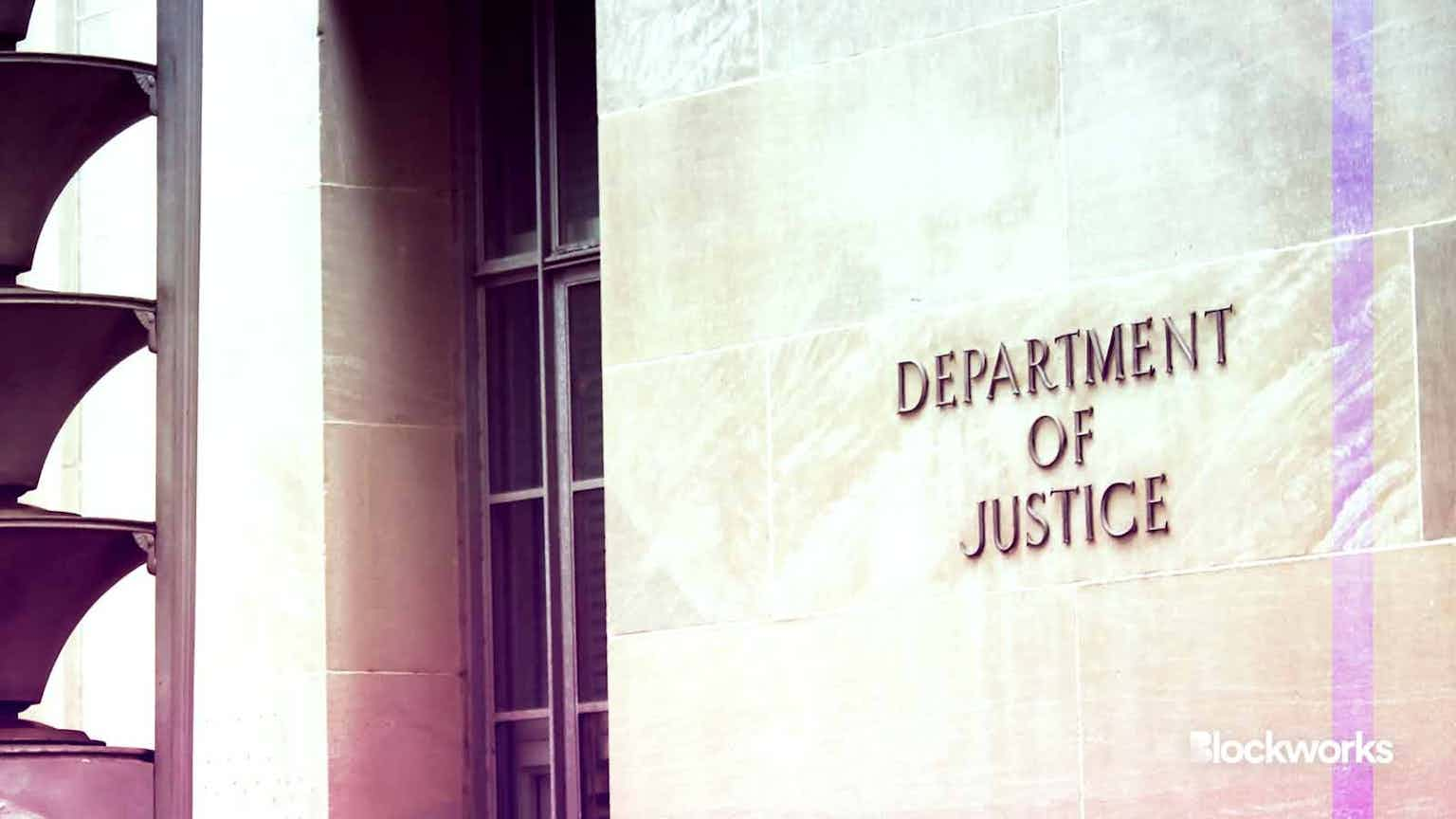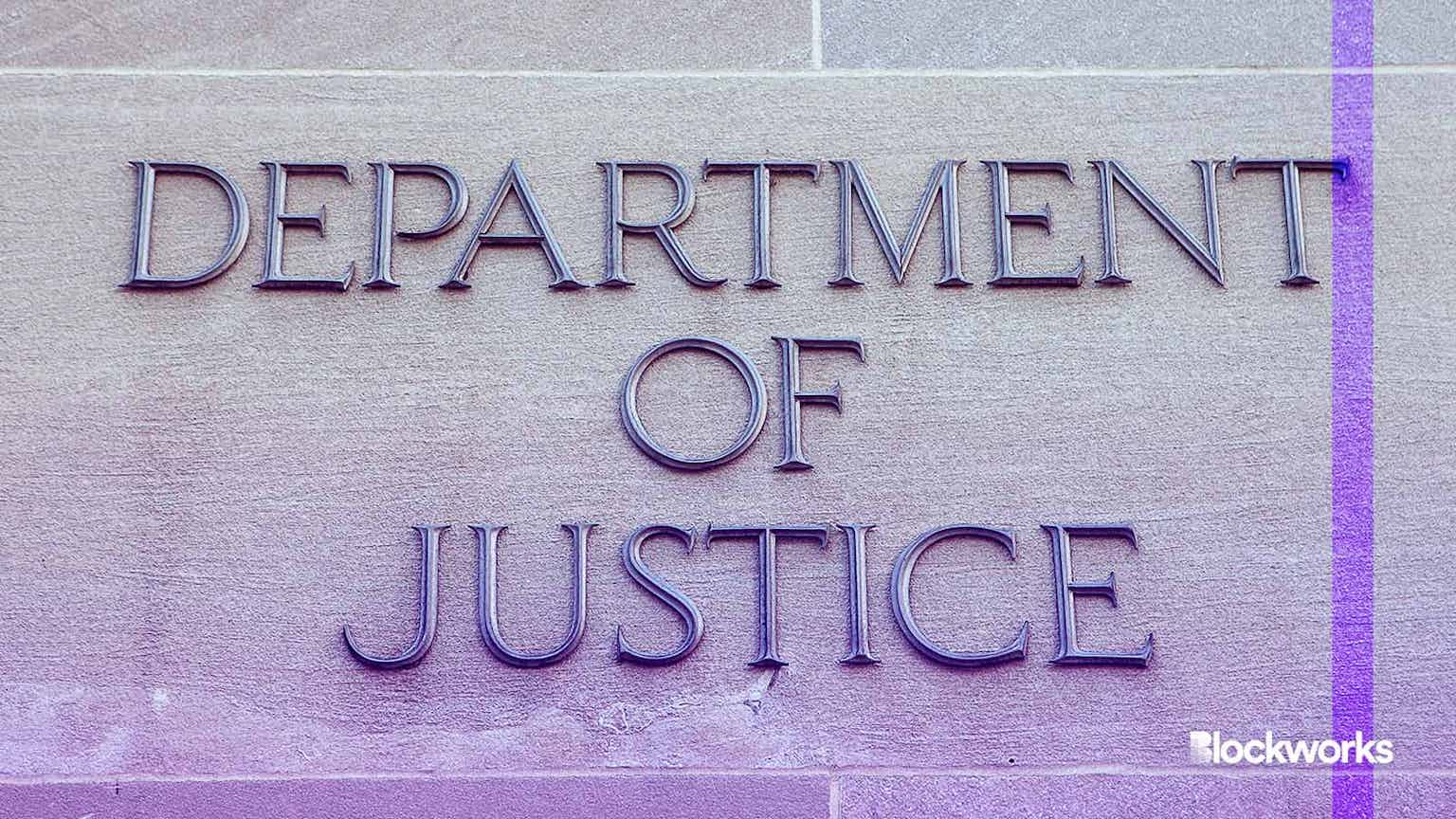FBI Doubles Down on Crypto Crimes With New Unit
A number of crypto executives said they’re cautiously optimistic about enforcement clarity as a result of the FBI’s move

Source: Shutterstock
key takeaways
- Federal investigators now have a dedicated division to probe blockchain-based crimes
- The unit’s formation comes as the Biden administration is expected to issue an executive order on cryptocurrencies as soon as next week
The FBI is ramping up its enforcement efforts when it comes to cryptocurrency crimes.
The Justice Department on Thursday touted a new unit focused on digital asset seizure and blockchain-based lawbreaking. Eun Young Choi, former senior counsel to the Deputy Attorney General, will serve as director of the National Cryptocurrency Enforcement Team (NCET).
“The department has been at the forefront of investigating and prosecuting crimes involving digital currencies since their inception,” Choi said in a statement. “The NCET will play a pivotal role in ensuring that as the technology surrounding digital assets grows and evolves, the department in turn accelerates and expands its efforts to combat their illicit abuse by criminals of all kinds.”
The NCET will identify and pursue cases involving the criminal use of digital assets, especially when it comes to crypto exchanges and infrastructure companies.
Its formation could bring overdue oversight to the space, according to industry participants.
“As a custodian, we need very powerful cybersecurity,” said Henson Orser, president of cryptocurrency custodian Komainu. “In 2022, we now see more traditional financial institutions looking to come into the space, but they can’t do that through self-custody, and so they’re very much welcoming and using regulated instances.”
Additional regulatory scrutiny is only going to be welcomed by traditional financial players dabbling in digital assets, Orser said.
The new unit comes weeks after the Justice Department notched its largest seizure of financial assets ever, clawing back more than $3.6 billion in bitcoin stolen during a 2016 hack of the exchange Bitfinex.
Though assets and transactions in crypto are traceable on the blockchain, identifying who owns a wallet is more challenging, according to Orser. Investigators were able to pin down the alleged couple in question as they shifted funds around to use them, he added.
“At some point, those publicly viewable wallets have to figure out a way to intersect with NCET-legitimate exchanges and payment mechanisms,” he said. “The more that regulators embrace making sure that the legitimate exchanges and payment apps and platforms have oversight, then the more likely it is they’re going to catch people at that point of friction.”
NCET is already calling on crypto companies to help root out bad actors.
“We are issuing a clear warning to criminals who use cryptocurrency to fuel their schemes,” Deputy Attorney General Lisa Monaco said at the Munich Cyber Security Conference. “We also call on all companies dealing with cryptocurrency — we need you to root out cryptocurrency abuses. To those who do not, we will hold you accountable where we can.”
With regulators increasingly on the lookout, crypto professionals may need to be more mindful about their dealings with policymakers and law enforcement.
Andrew Morfill, chief information security officer at Komainu, said the industry’s narrative “needs to mature, especially from a regulatory perspective.”
“Telling people that you’re the new kid in town and you’re going to revolutionize the industry is probably not the best way to go about influencing and cajoling the regulator that is cautious and has key stakeholders [in] traditional finance,” Morfill said.
The Biden administration, meanwhile, is reportedly planning to issue an executive order on cryptocurrencies as soon as next week in an effort that could add clarity to fragmented past policy.
“I do have a concern about the patchwork quilt of initiatives surrounding this space, with no formal ‘tip of the spear,’” said Michael Fasanello, director of training and regulatory affairs at Blockchain Intelligence Group. “I am cautiously optimistic that the executive branch will issue a mandate providing clarity and guidance for a more uniform approach to oversight of the digital assets ecosystem.”
Start your day with top crypto insights from David Canellis and Katherine Ross. Subscribe to the Empire newsletter.





